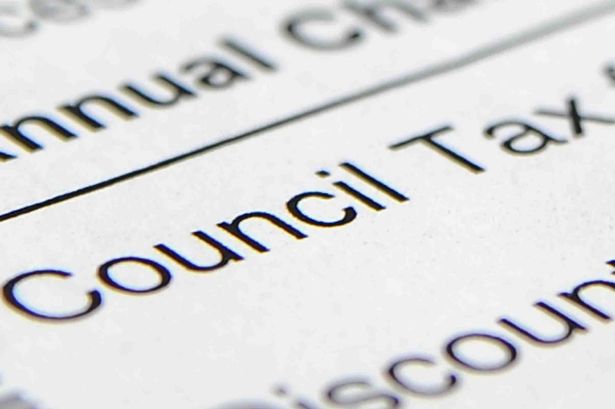COUNCIL tax could rise by 6.5% in Carmarthenshire to help address major budget pressures, leaders have warned.
Like all local authorities in Wales, Carmarthenshire needs to find more money to keep doing what it does now due to inflation, staff pay rises and rising demand for complex services such as children’s social care.
Most of the council’s funding comes from central Government, and it is in line to receive an extra £11 million – or 3.3% more – in 2024-25 than currently.
But cabinet member for resources, Cllr Alun Lenny, said this sum was “absolutely dwarfed” by various cost increases.
Speaking at a cabinet meeting on January 15, he said: “This time last year I predicted that things would get even harder this year, and I’m sorry to report that this is indeed the case.”
A report before cabinet said that just maintaining services next financial year would cost £23 million more than currently.
Increasing council tax enables local authorities to help balance the books when budgets are set for the new financial year, which starts on April 1.
Band D council tax payers in Carmarthenshire currently pay an average of £1,908.66p, although £312.65p of that is a precept to help fund Dyfed-Powys Police.
Hiking council tax by 6.5% would raise £121.4 million to add to the £349.4 million coming from the Welsh Government, giving the authority a total of £470.8 million to fund schools, social care and waste collection, among other services.
But the £470.8 million figure assumes that savings of £13.6 million are made in 2024-25. Cabinet has proposed cutting the delegated schools budget by £3.4 million, and saving a further £2 million by holding vacant posts vacant for longer.
There are also dozens of smaller-scale savings proposed across all departments, such as reducing the hours of care provided to people at home – where appropriate – and cutting music service and youth support service costs.
The council intends to transfer 14 of its 19 public toilets to private companies or town or community councils to save money – or close them if they can’t be offloaded in this way. There are also proposals to reduce opening hours at the county’s five household waste and recycling centres, cut the number of school crossing patrols, and introduce charging at nine car parks which are currently free.
Cllr Lenny said he acknowledged that holding vacant posts vacant for longer may mean council staff not being able to respond as quickly as the authority would wish, but he warned that the alternative would be to close some services entirely.
The budget proposals are not set in stone yet, and Cllr Lenny said cabinet members and senior officers would look “to try to curtail council tax increases as far as possible” before the budget is set by full council at the end of February.
On the plus side, the cabinet report said the council’s energy costs had come down more than expected, and that a new 50% council tax premium on second homes and long-term empty homes would generate around £1.7 million of additional income.
Plaid Cymru council leader Darren Price said some of Wales’s 22 local authorities were facing tougher spending decisions than Carmarthenshire and “talking about” council tax increases of up to 15%.
Cllr Price said not receiving central Government funding for increased staffing costs “puts us in an impossible position”.




















